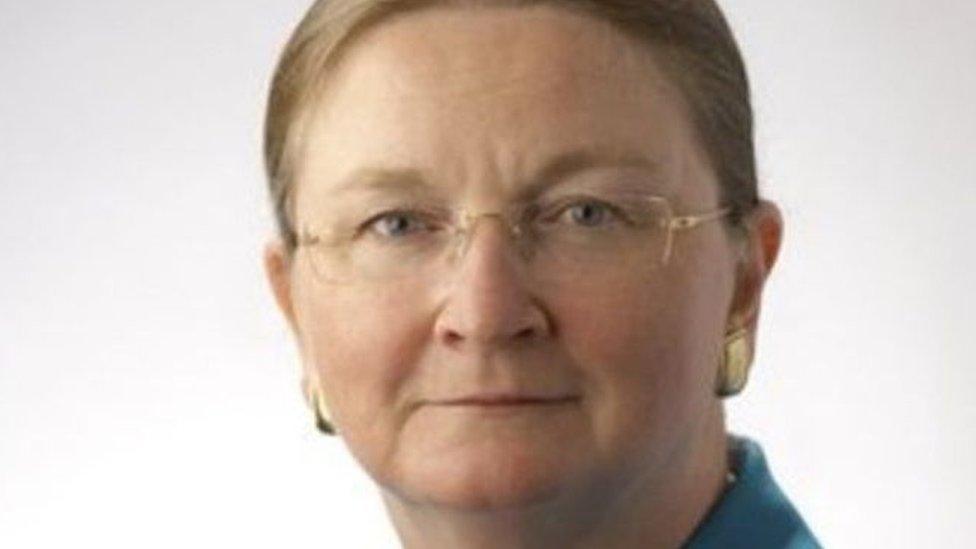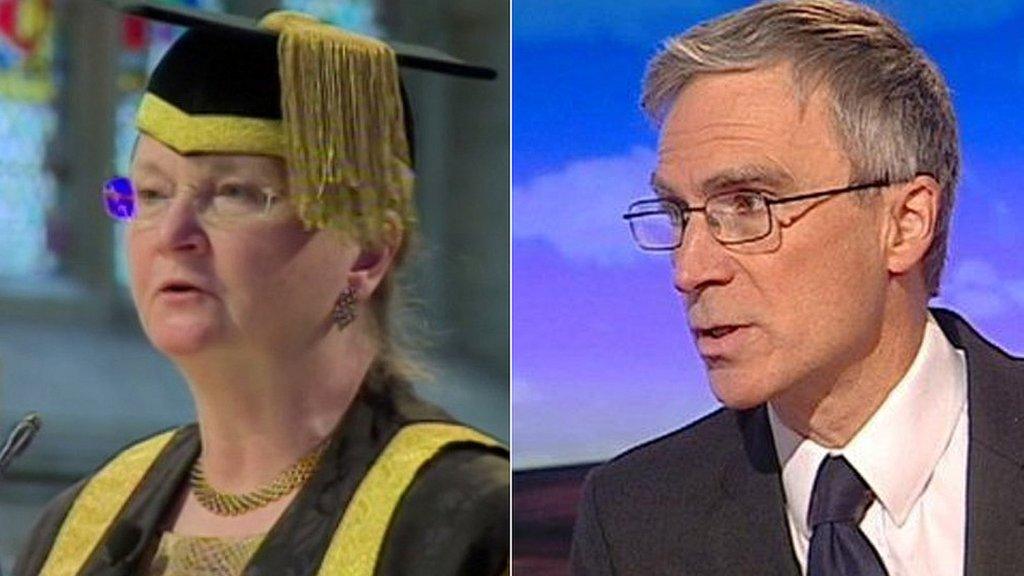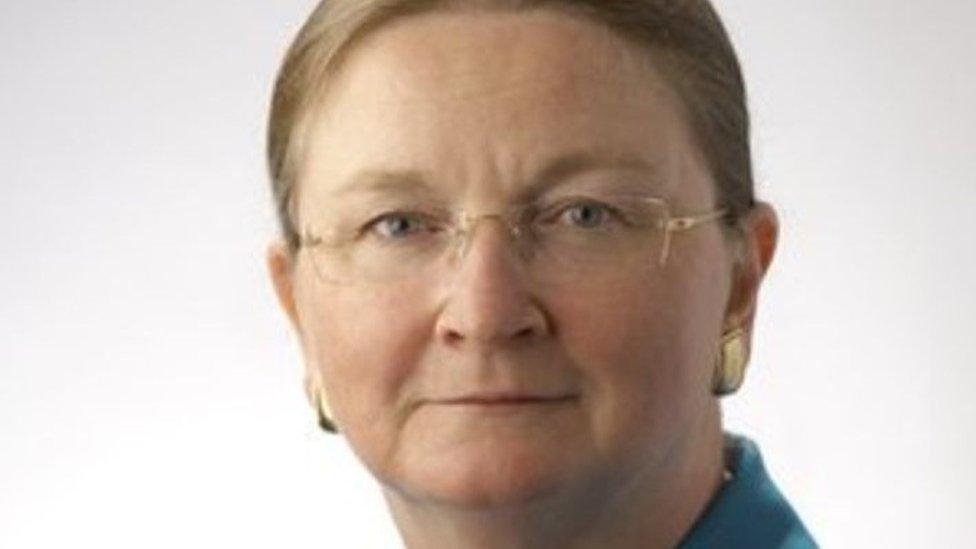Bath University vice-chancellor wins no confidence vote
- Published

The highest-paid vice-chancellor in the UK has narrowly won over a motion of no-confidence.
Dame Glynis Breakwell, vice-chancellor at the University of Bath, has faced criticism over her salary of £468,000.
Some 350 staff called for her resignation at University and College Union meeting on Wednesday.
A later university senate meeting saw Dame Glynis beat a motion of no confidence by 19 votes to 16, with two abstentions.
In a message to the senate, the university's academic governing body, Dame Glynis said: "I think the university as a whole must now come together to shape a transparent and justifiable way to set senior pay."
She also apologised for voting on a motion about her own pay in February, saying it would not happen again.

Dame Glynis Breakwell
Dame Glynis was appointed vice-chancellor of the University of Bath in 2001.
She was appointed dame in the 2012 New Year's Honours List for services to higher education.
Dame Breakwell is a social psychologist and in 2014 was named in the Science Council's list of 100 leading UK practising scientists.
Although she is the highest paid vice-chancellor in the UK, Bath University said its "remuneration process" was "in line with practice at other universities".

Dame Glynis's salary has been in the public eye after comments were made about her pay in the House of Lords by Lord Adonis.
Three MPs also resigned their roles at the university in protest.
Allow X content?
This article contains content provided by X. We ask for your permission before anything is loaded, as they may be using cookies and other technologies. You may want to read X’s cookie policy, external and privacy policy, external before accepting. To view this content choose ‘accept and continue’.
Dr Michael Carley, president of the University and College Union said: "It's very little, very late. We've been raising these concerns for years and we've been completely ignored.
"I was at that [senate] meeting, the students' union expressed no-confidence in her. There was no great mood or enthusiasm for her continued management of the university.
"If you ask ordinary staff, we've had enough."
- Published11 August 2017

- Published1 September 2017

- Published17 November 2017
